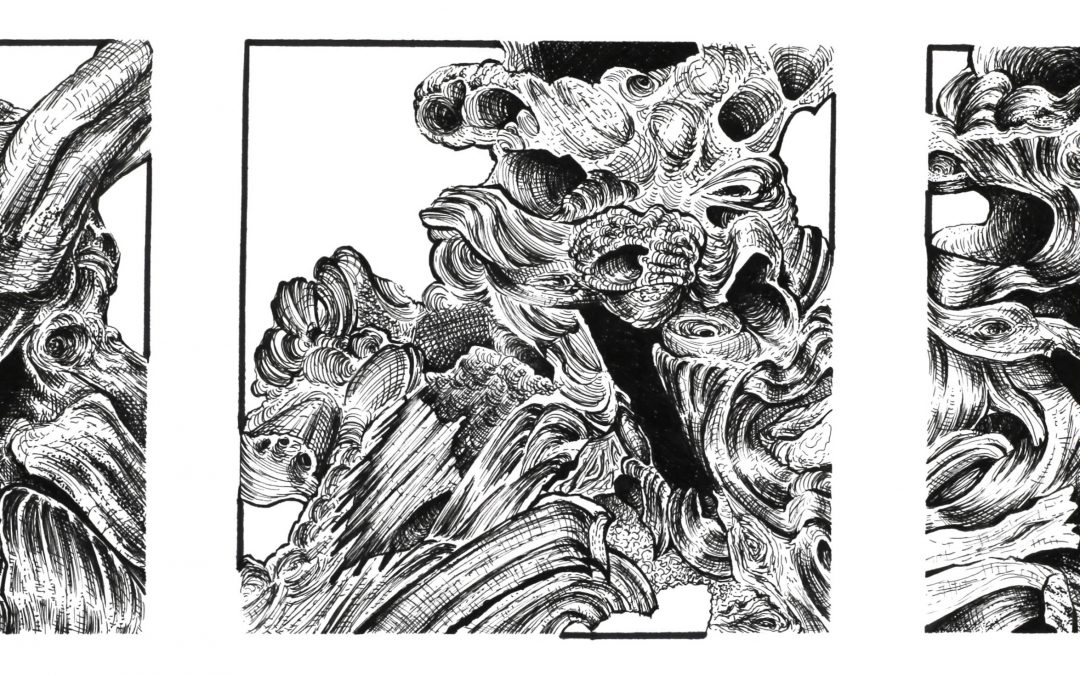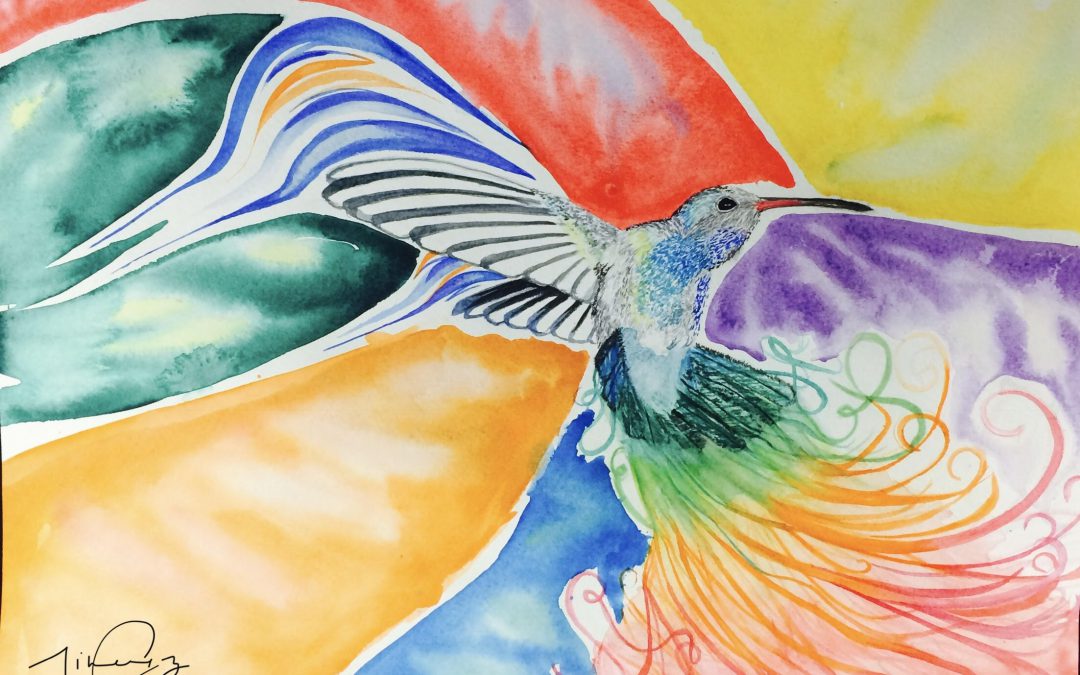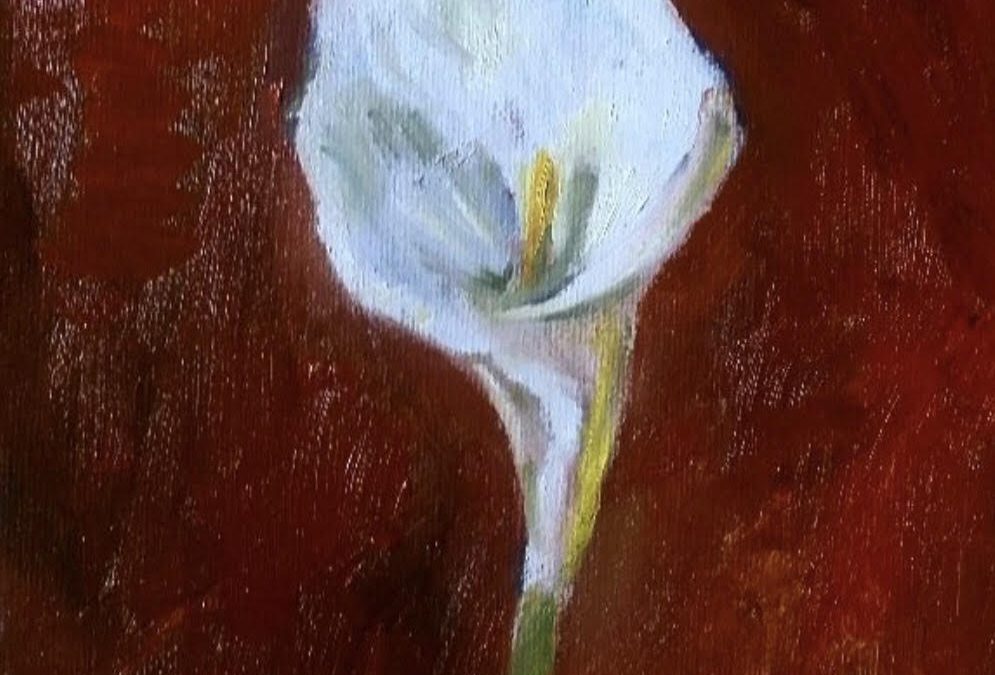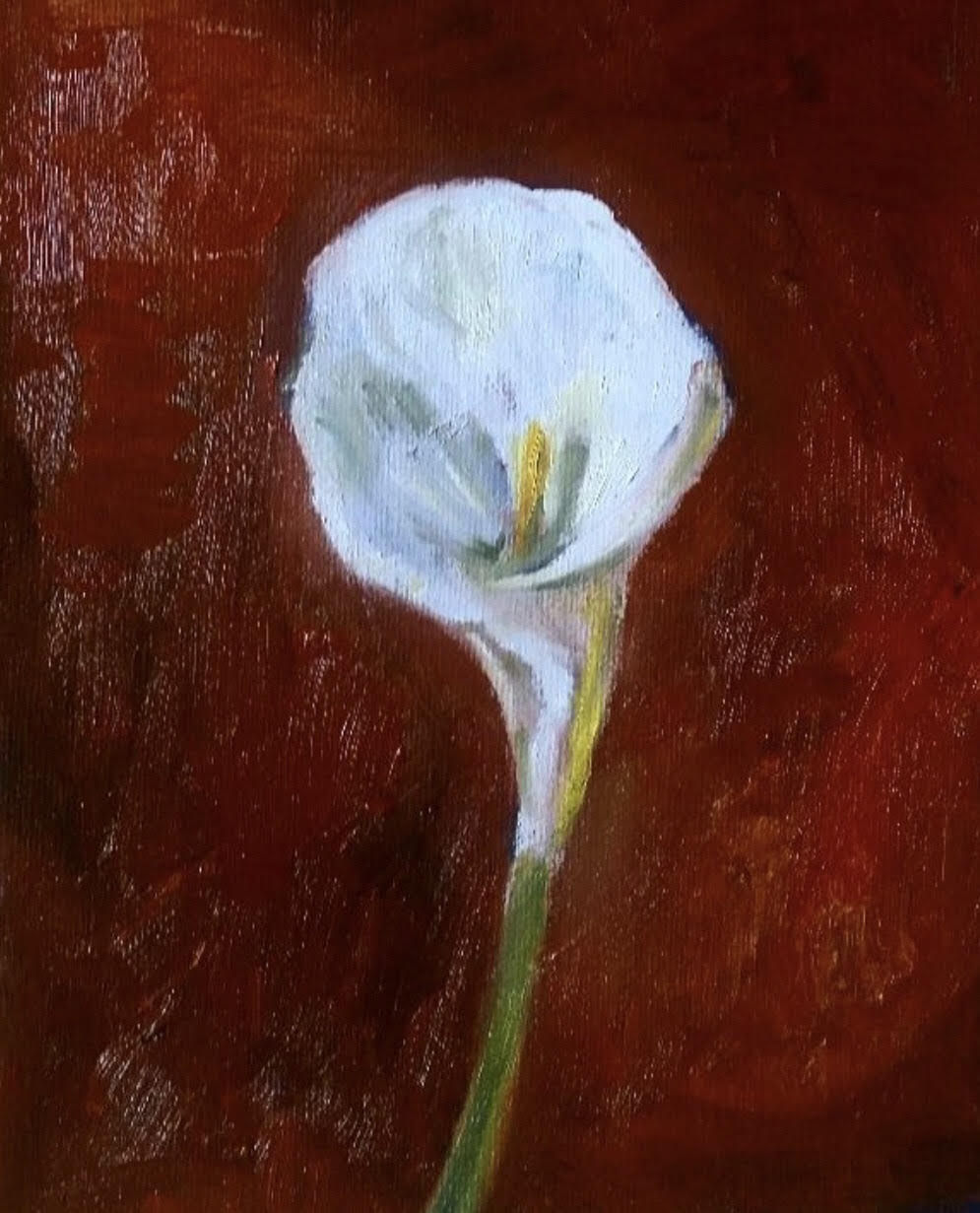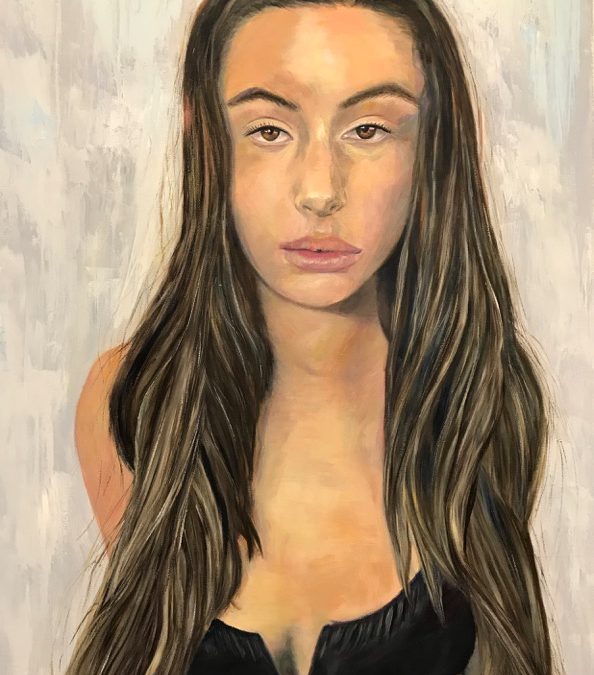
Perpetual Existence
Perpetual Existence
As I lay on this unholy bed, I am waiting. Waiting for my life to end and for those around me to follow. It turns out I was the master of my own fate, the puppeteer to all these marionettes and the face behind the veil. I am in more pain, not by my lacerations, but by the fact that my loving wife won’t be able to live on when I die. Hooked up to these tubes, I can only see her by my bedside. I cannot talk to her, this vegetative state has left me mute–only to wonder in my own mind what the afterlife has to offer.
She approaches, wearing that lovely yellow dress I adore so much, the same lovely yellow dress she wore when I proposed. She looks as vibrant as the day I met her with eyes pigmented with the waters of an oasis, cheeks that resemble roses in a springtime bloom and a smile that encapsulates pure euphoria while reassuring the same for myself. But as she approaches, something is wrong. The hospital room appears to be dematerializing. It has begun, I am on the verge of death.
I figured out that I am the creator, and the outside world is collapsing when the news on the television started playing nonsense. Historical events were jumbled together creating a cumbersome news story that did not add up. I had my suspicions growing up and always had this haunting feeling in my gut that the outside world only existed because I did. Thoughts raced through my head. If I made this universe then what about the other universes out there? Did I create those as well? Or do those worlds have their own creator? The idea of solipsism never rang truer than now. It’s a shame that I figured this all out as I lay on this profane bed, profane because I realized there is no God. I am the designer and I created a world of hunger, demise, corruption, and filth. If only this conclusion came to me earlier, if only I knew that I created this world, maybe I could have thought of a peaceful one. Albeit, it is too late to reflect on my mistakes, the world has already been established and I figured out that I can’t change a goddamn thing.
As I lay in agony, my wife speaks to me, I try to listen but there is silence. Her beautiful red lips are moving, but nothing is spoken. Sound exists no more. Then I start to see the background disappear completely. The walls begin to crumble down, the chairs turn to dust, the floor fades away, and in its place, there is only black. In the corner of my eye, I see the other patient and his whole bed turns into a whirlwind, like a black hole. As though sucked up by a vacuum, the patient next to me is gone. There is nothing left to see except darkness, but my wife acts as the beacon of light in which I must follow. I can still smell her satisfying aroma while her euphoric smile and that lovely yellow dress give me a sense of comfort that I created something beautiful and pure.
However, it won’t last. Her own dissipation begins at her legs and is rising. Her waist is next, but the disappearing act takes a right turn towards her hand that touches my face. I stare at her fingers as they agonizingly and slowly vanish. Each cell of her hand is plucked away while she moves her lips, her voice inaudible.
Black wickedness surrounds me, but the light radiating from my wife still remains. As I stare, all I can make out is her torso and face. Then the torso vanishes like a magician’s grand finale, leaving a floating head for the audience to revel and applaud over.The rest of the head starts to wane and the only bright light comes from her glowing lips. I feel my eyes begin to water as I try to hide my emotions. This is it, this is the end. But then I see her smile and my intuition shifts. I try to bring my wife back, I don’t know how but I focus on every detail about her. I have every inch of her skin memorized. She starts to exist once more. Her torso is rebuilding itself. It is remarkable, the cells fit together like blocks, each going to its corresponding place. I see her bones, her intestines and then the skin begins to form. Then I hear a sound, it is a mechanical sound. A monotone and constant ring. Oh god! I am flat lining.
The man in the bed turned to dust, only a dark void remained. That world existed no more, but somewhere in another universe, the man lives, and a lady in a lovely yellow dress reassures solace to the man with her euphoric smile.
Writer: Garrett Hanneken is a college graduate who has no idea what to do now. He enjoys reading stories with great and terrifying imaginations and looks up to the writers who push us to imagine.
Artist: Anita Almazan pursued her interest in art after retirement by taking classes at Fullerton College and other facilities. The classes she attends include drawing, painting and photography. One of her goals is to become proficient with Photoshop and other software in order to incorporate these tools in producing interesting paintings.

